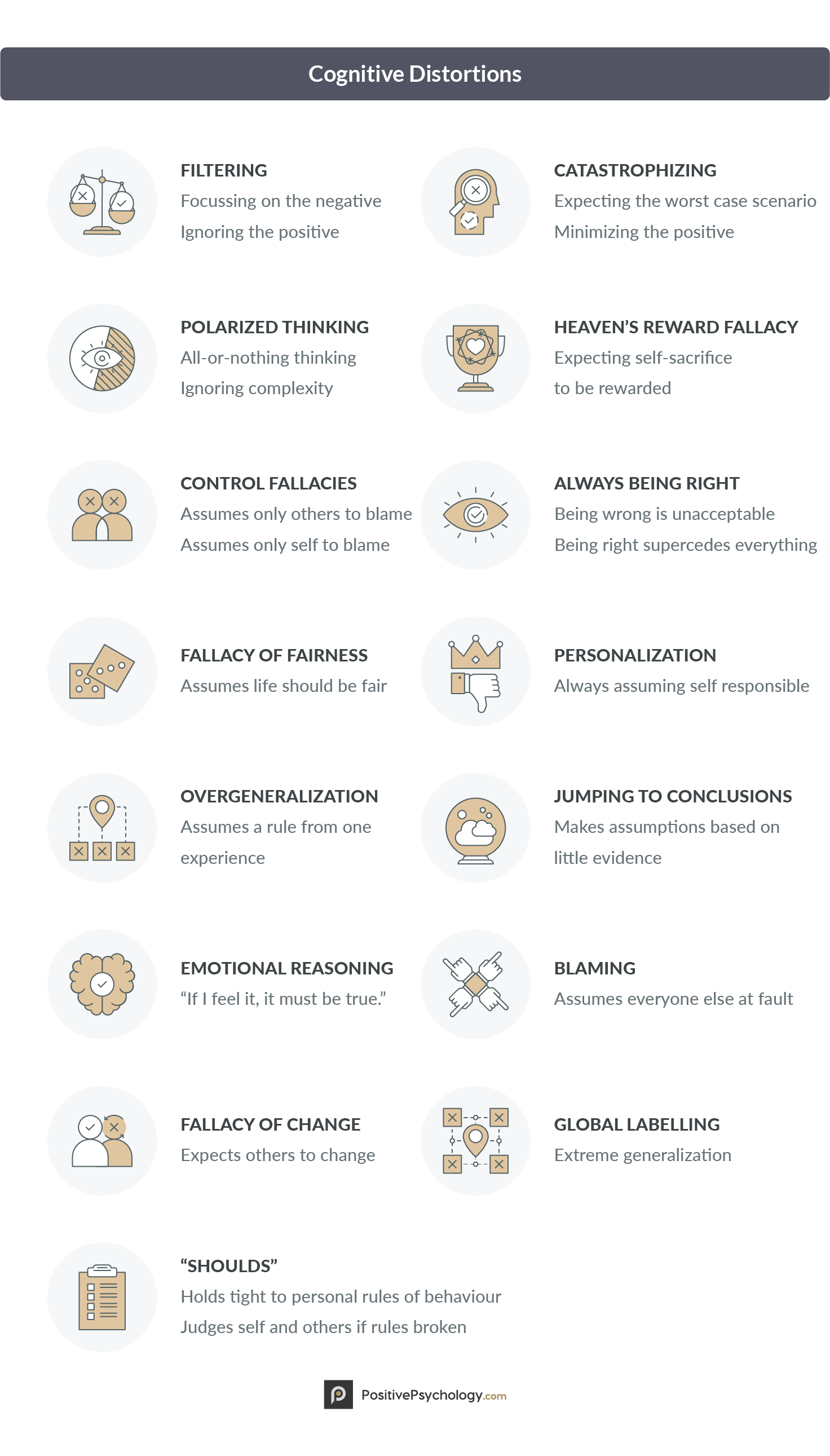Posts Tagged ‘Cognitive Behavioral Therapy’
Cognitive Behavioral Therapy. By Our Student Pharmacist, Stephanie Brokaw.
With the increase in reports of depression and anxiety due to the COVID-19 pandemic, I would like to highlight one modality of treating depression and anxiety that can be used alone or in combination with pharmacological therapy: Cognitive Behavioral Therapy
What is Cognitive Behavioral Therapy?
Cognitive Behavioral Therapy (CBT) is a type of psychotherapy in which a therapist helps a patient identify and correct distortive, maladaptive beliefs through education, relaxation exercises, coping training skills, stress management, or assertive training1.
Unlike other types of therapy, CBT is designed to focus on current aspects of your life which are causing your issues, instead of evaluating issues from the past2. CBT sessions generally occur once every one to two weeks and each session lasts 30-60 minutes2.
There are four major steps to CBT that your therapist will go through with you.
These are:
- 1. Identify troubling situations in your life.
- 2. Become aware of your thoughts, emotions, and beliefs about these problems.
- 3. Identify negative or inaccurate thinking.
- 4. Reshape negative or inaccurate thinking4.
To best help track these throughout your course of treatment, your therapist may ask you to keep a journal of these situations, thoughts, and feelings. Some people’s problem source relates to negative thoughts or associations they developed in early childhood and have solidified over time5. Therapists may encourage reversal of this negative thought process by encouraging patients to focus more on facts related to a situation instead of opinions5.
Who would benefit from Cognitive Behavioral Therapy?
CBT is an evidence-based treatment for patients who suffer from psychiatric disorders including:
- depression
- generalized anxiety disorder
- post-traumatic stress disorder
- panic disorder
- eating disorders
- obsessive compulsive disorders1
CBT can also be used in other medical disorders relating to the mind including:
- insomnia
- smoking cessation
- lower back pain1
CBT is most effective in highly motivated patients who value a problem solving approach and a willingness to learn and implement skills related to self-observation1.
How effective is Cognitive Behavioral Therapy?
CBT effectiveness highly depends on an individual’s willingness to engage in therapy and complete recommendations and skills taught from therapy in everyday life1. Studies have shown CBT to be more effective in smoking cessation alone or in combination with nicotine replacement therapies in comparison to nicotine therapies alone3. CBT has been shown to have similar efficacy to pharmacotherapy in depression, and combination therapy may bring the greatest efficacy to patients3. CBT is a reliable first-line treatment for anxiety disorder and brings a positive effect to symptoms related to anxiety such as sleep dysfunction and a patient’s sensitivity to anxiety3. CBT is also effective in general stress and stress related to other medical diagnoses such as HIV or cancer3.
Local and Virtual Resources:
Free Online Worksheets to use CBT to Identify and Change Negative Thoughts and Feelings
https://positivepsychology.com/wp-content/uploads/2017/03/Coping-Styles-Formulation-Worksheet.pdf
https://positivepsychology.com/wp-content/uploads/2017/03/ABC-Functional-Analysis-Worksheet.pdf
https://positivepsychology.com/wp-content/uploads/2017/03/Case-Formulation-Worksheet.pdf
https://positivepsychology.com/wp-content/uploads/2017/03/Extended-Case-Formulation-Worksheet.pdf
https://positivepsychology.com/wp-content/uploads/2017/03/Dysfunctional-Thought-Record.pdf
https://positivepsychology.com/wp-content/uploads/2017/03/Cognitive-Restructuring-Worksheet.pdf
https://positivepsychology.com/wp-content/uploads/2017/03/Pleasant-Activity-Scheduling-Worksheet.pdf
Therapists in Columbus:
https://wexnermedical.osu.edu/mental-behavioral/psychotherapy
References:
- Lebow J. Overview of Psychotherapies. In: Solomon D, ed. Waltham, MA: UpToDate; 2019. www.uptodate.com. Assessed June 2, 2020.
- National Health Service. Overview: Cognitive Behavioral Therapy. NHS. https://www.nhs.uk/conditions/cognitive-behavioural-therapy-cbt/. Published July 16, 2019. Accessed June 4, 2020.
- Hoffman SG, Asnaani A, Sawyer AT, Fang A. The Efficacy of Cognitive Behavioral Therapy: A Review of Meta-analyses. Cognit Ther Res. 2012; 36 (5): 427-440. DOI: 1007/s10608-012-9476-1.
- Mayo Clinic. Cognitive Behavioral Therapy. Patient Care and Health Information Tests and Procedures. https://www.mayoclinic.org/tests-procedures/cognitive-behavioral-therapy/about/pac-20384610. Published March 15, 2019. Accessed June 4, 2020.
- Cully CA, Teten AL. A Therapist’s Guide to Brief Cognitive Behavioral Therapy. Department of Veterans Affairs South Central MIRECC. 2008. https://depts.washington.edu/dbpeds/therapists_guide_to_brief_cbtmanual.pdf Accessed June 4, 2020.
PositivePyschology worksheets: https://positivepsychology.com/cbt-cognitive-behavioral-therapy-techniques-worksheets/



